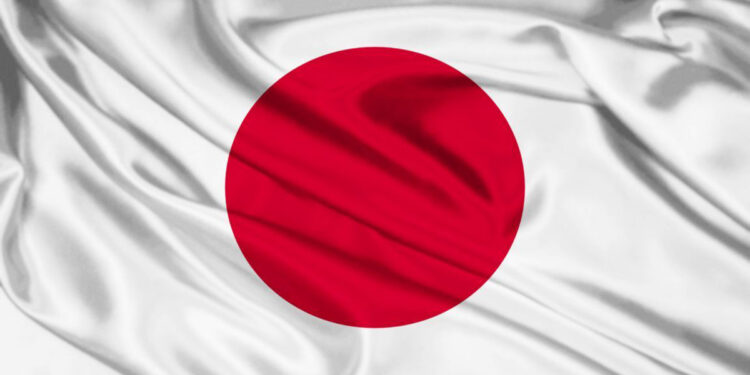The Japan International Cooperation Agency (JICA) has officially withdrawn its “JICA Africa Hometown” initiative following widespread confusion and pushback from local governments in Japan.
This was disclosed in a statement issued by JICA on Thursday, September 25.
The initiative, first announced in August during the 9th Tokyo International Conference on African Development (TICAD 9), sought to designate four Japanese municipalities as “hometowns” for four African countries to foster cultural and economic exchanges.
Why it was scrapped
JICA explained that the use of the term “hometown” and its plan to designate Japanese local governments as such caused confusion in Japan and placed an extra burden on the cities
“Originally, under this initiative, it was envisioned that exchange programs would be coordinated and implemented among the Japanese local governments, relevant African countries, and JICA. The specific details were to be determined later.
However, JICA believes that the very nature of this initiative—namely, the term “hometown” and the fact that JICA would ‘designate’ Japanese local Governments as “hometowns”—led to misunderstandings and confusion within Japan, placing an excessive burden on the four municipalities,” they stated
JICA apologized to the affected municipalities and said consultations with stakeholders led to the end of the project.
Not about immigration
JICA further clarified that the hometown concept had been misconstrued in some quarters as a gateway for immigration.
The agency stressed that it has never promoted immigration under its programs and has no plans to do so in the future.
Instead, JICA reaffirmed its commitment to supporting international exchanges between Japanese local governments and African nations through other frameworks.
Backstory
In August, Nigeria’s State House announced that Japan would create a special visa category for highly skilled young Nigerians to live and work in Kisarazu.
According to the announcement, Kisarazu was chosen as the designated hometown for Nigerians, while other Japanese cities were linked with Tanzania, Ghana, and Mozambique under similar arrangements.
Nairametrics reported that Kisarazu City publicly clarified that the partnership with Nigeria under the “hometown” scheme did not mean plans for Nigerian immigration to Japan.
What this means
While the “Africa Hometown” project, which included Kisarazu City, has been scrapped, JICA emphasized that fostering people-to-people and institutional ties between Africa and Japan remains a priority.
Future programs will continue to focus on education, business, and cultural cooperation without the misunderstandings tied to the “hometown” label.
























